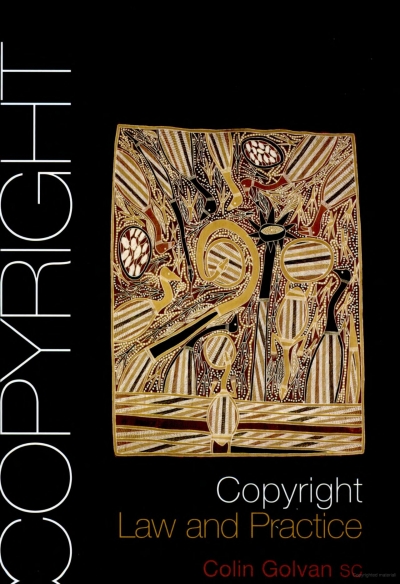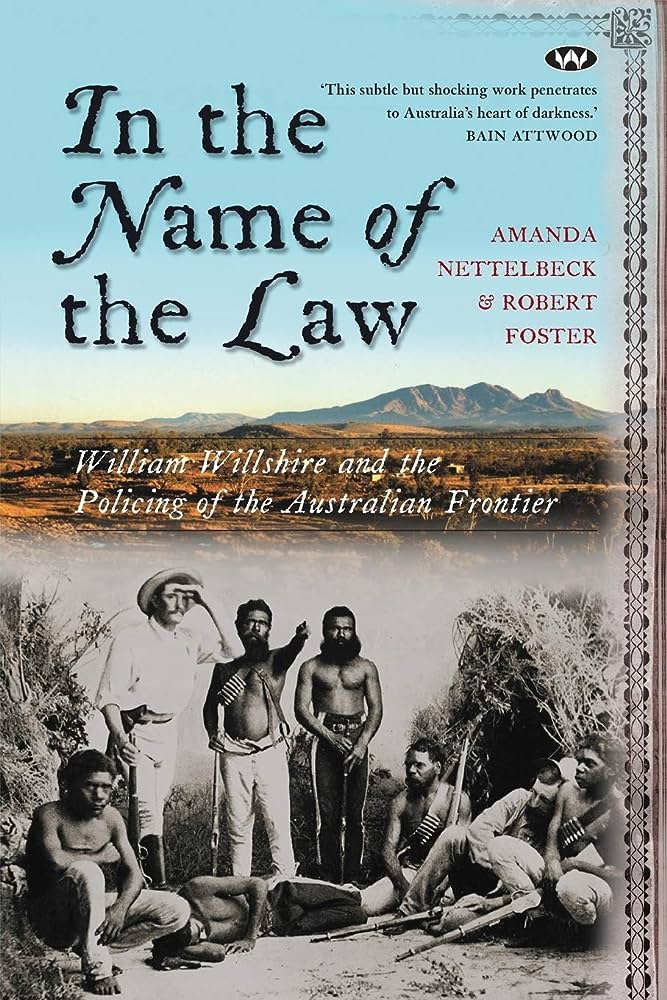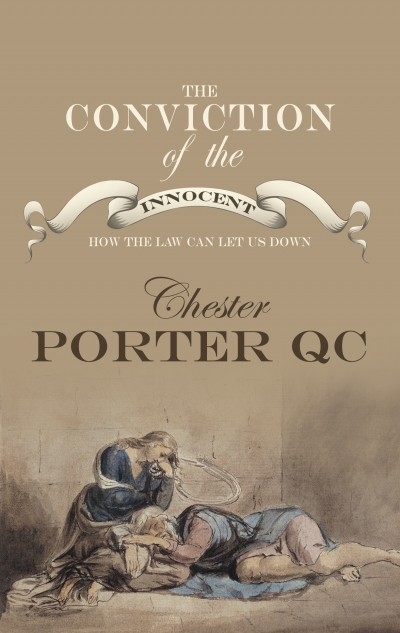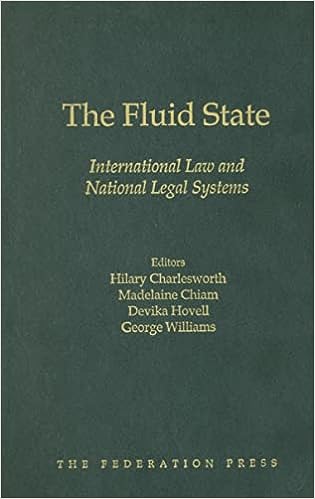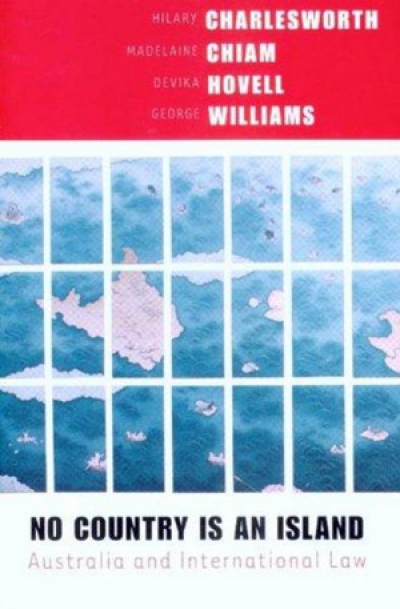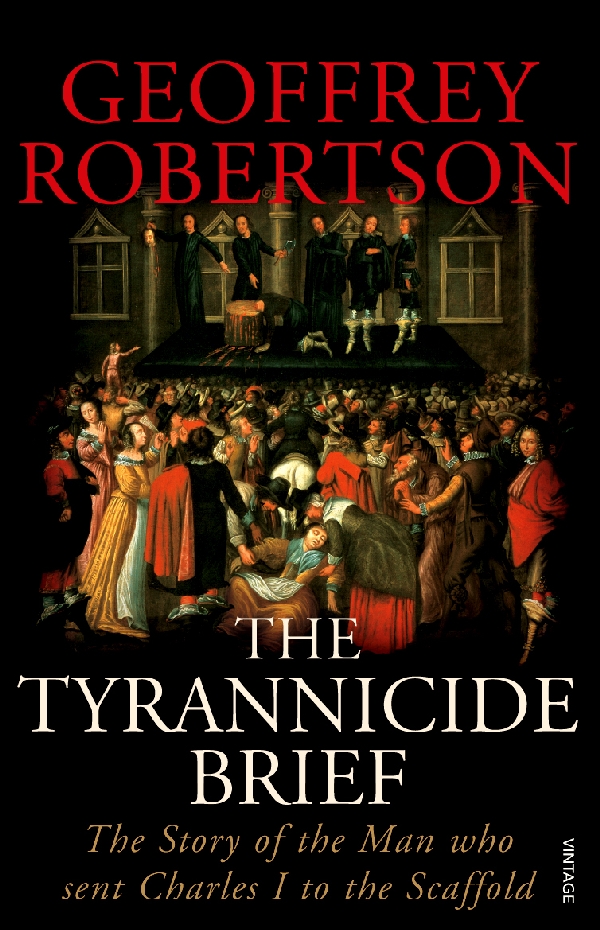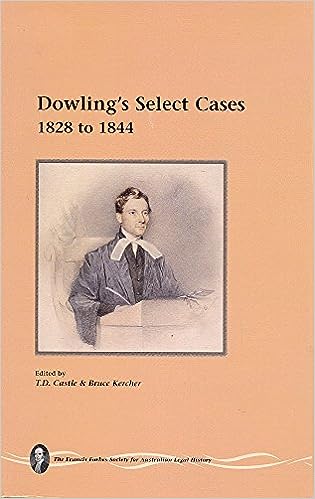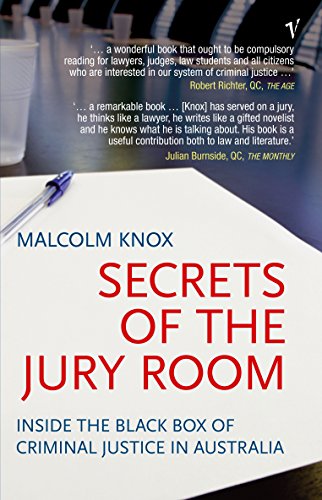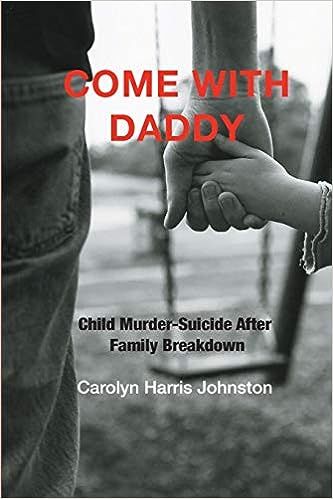Law
The cover design for this book features a painting by Indigenous artist Johnny Bulun Bulun. It is an appropriate choice, given that it was this artist who in 1988 spearheaded the first major action in an Australian court against the unauthorised reproduction of Aboriginal works for commercial purposes, and in so doing set a precedent in establishing the existence of copyright in Aboriginal art. The case concerned the use of works of art on T-shirts. It was followed by one against the Reserve Bank of Australia, which had reproduced an Aboriginal image on the bicentennial $10 note without permission, and the famous ‘carpets case’ against a company that imported carpets made in Vietnam that contained some well-known Aboriginal artworks in their design.
... (read more)In the Name of the Law: William Willshire and the Policing of the Australian Frontier by Amanda Nettelbeck and Robert Foster
William Willshire was Officer in Charge of the Native Police in Central Australia from 1884 to 1891, when he was charged with the murder of two Aborigines. He was acquitted, but was regarded by his superiors from then on as something of a liability, ending his career in an uneventful posting in Cowell on the Yorke Peninsula. He wrote three books about his life as an outback hero, glorifying himself as an anthropologist and sentimental champion of the people he had policed with ignorant brutality.
... (read more)The Conviction of the Innocent: How the law can let us down by Chester Porter
Chester Porter QC retired as a barrister in June 2000. Several weeks previous, the Bar Council appointed Porter a life member of the New South Wales Bar Association ‘for his exceptional service to the Bar Association and the profession of law’. The Council’s decision was unanimous (I know this because I wrote the minutes of that meeting). There was, and is, no dispute that Porter was one of Australia’s foremost advocates. Porter retired from the Bar, but not from passionately advocating justice for those caught up in our criminal justice system, including those members of society many of the community would be happy to have rot behind bars.
... (read more)The Fluid State: International Law and National Legal Systems edited by Hilary Charlesworth, Madelaine Chiam, Devika Hovell, George Williams
What role should international law play in the domestic legal sphere? The author of the Institutes of Justinian stated that ‘[e]very community governed by laws and customs uses partly its own law, partly laws common to all mankind’. Nevertheless, a certain view propounds that international law is an unstable or subversive intrusion into the processes of democratic sovereignty and the pedigree of national law. Such a stance, while persistent, denies social fact; the reach of international legal regulation is unprecedented and national bureaucracies increasingly operate beyond state boundaries. Such is the reality of the ‘Fluid State’ which, the editors of this volume suggest, will alter orthodox understandings of the interrelationship between international and national law.
... (read more)No Country is an Island: Australia and international law by Hilary Charlesworth et al.
Alexander Downer, when asked on the ABC in February 2003 about the legality of military measures against Iraq, was keen to emphasise Australia’s fidelity to international law: ‘We’ve reached a point where you either take international law seriously and ensure that Iraq does comply with international law or else you abandon the whole concept, at least in this case, of trying to enforce international law.’ But only a month after these comments, the federal government demonstrated its commitment to ‘enforcing’ international law by participating in an invasion characterised as illegal by the preponderance of states and international lawyers.
... (read more)The Tyrannicide Brief: The story of the man who sent Charles I to the scaffold by Geoffrey Robertson
Geoffrey Robertson, the author of The Tyrannicide Brief, enjoys the same high public profile as those old lags who constitute the élite of Australian expatriates in London: Clive James, Germaine Greer, and Barry Humphries. In his case it is as a leading international human rights lawyer, the author of Crimes against Humanity (1999) and The Justice Game (1998), and host of the popular television series Hypotheticals.
... (read more)Dowling’s Select Cases, 1828 To 1844 edited by T.D. Castle and Bruce Kercher
The prodigious effort that went into the compilation of Dowling’s Select Cases was entirely consistent with his own approach to judicial office, including producing the copious writings that found their way into the book. As Dr Bennett put it in his biography of James Dowling (2001), industry and perseverance were the hallmarks of Dowling’s accomplishments. To produce the chronicle now published, the editors and their helpers followed Dowling’s notes through his nine volumes of cases, cross-referencing many to his 268 judicial notebooks. The cases were recorded by Dowling by hand and required considerable typing. They are arranged chronologically and according to subject matter. The book will not be a threat to Harry Potter but will endure as of considerable interest to lawyers and historians.
... (read more)Secrets of the Jury Room by Malcolm Knox & The Gentle Art of Persuasion by Chester Porter
According to Aristotle, rhetoric is ‘the ability, in each particular case, to see the available means of persuasion’. In today’s parlance, the term is often used pejoratively, connoting an obfuscation of truth. This would come as no surprise to Aristotle, whose treatise on the topic, Rhetorica, demonstrated an acute awareness of the dangers posed by the adroit manipulation of the means of persuasion for dubious ends.
... (read more)Come With Daddy by Carolyn Harris Johnson & Kangaroo Court by John Hirst
He said, she said. Is there any way to talk about this sad subject without taking sides? And a thought for a reviewer: how to resist the temptation to find a book a ‘good book’ if you agree with its arguments, and a ‘bad book’ if you disagree? I disagree with most of what John Hirst has to say in Kangaroo Court: Family law in Australia, but I’m trying to be fair. The essay is lucidly written (indeed, its message could hardly be clearer); it is extensively, if selectively, researched; and it raises important matters that we, as a society, need to think about.
... (read more)Defamation is easy. Australia has any number of good defamation lawyers who will ‘legal’ a manuscript if you pay them enough. But if your manuscript threatens to transgress the National Secrets Act, you are on much shakier ground. Axis of Deceit, Andrew Wilkie’s ‘story of the intelligence officer who risked all to tell the truth about WMD and Iraq’, was always going to be hot. Our investigations didn’t turn up a single Melbourne lawyer who could advise us if we had crossed the line, so we asked David Wright-Neville, a Monash academic and ex-spook (like Wilkie, he had been an analyst at the Office of National Assessments, Australia’s peak intelligence agency), to check the manuscript. He read it thoughtfully and suggested chopping a dozen or so offending passages, which was acceptable to both Wilkie and Black Inc.
... (read more)

